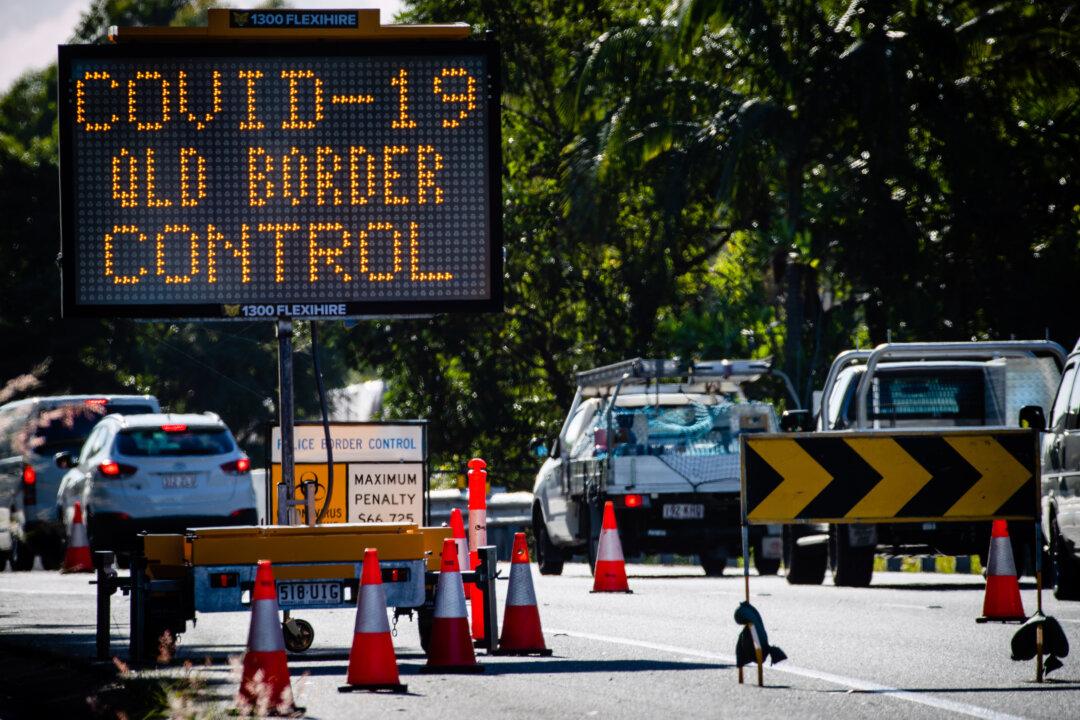The federal government is urging the states and territories to lift their caps on the number of international arrivals allowed into their jurisdictions ahead of the national cabinet meeting on Friday.
Federal Minister for Trade, Tourism, and Investment Simon Birmingham told ABC Radio on Wednesday that the federal government had put forward a proposal for the national cabinet to work through.





